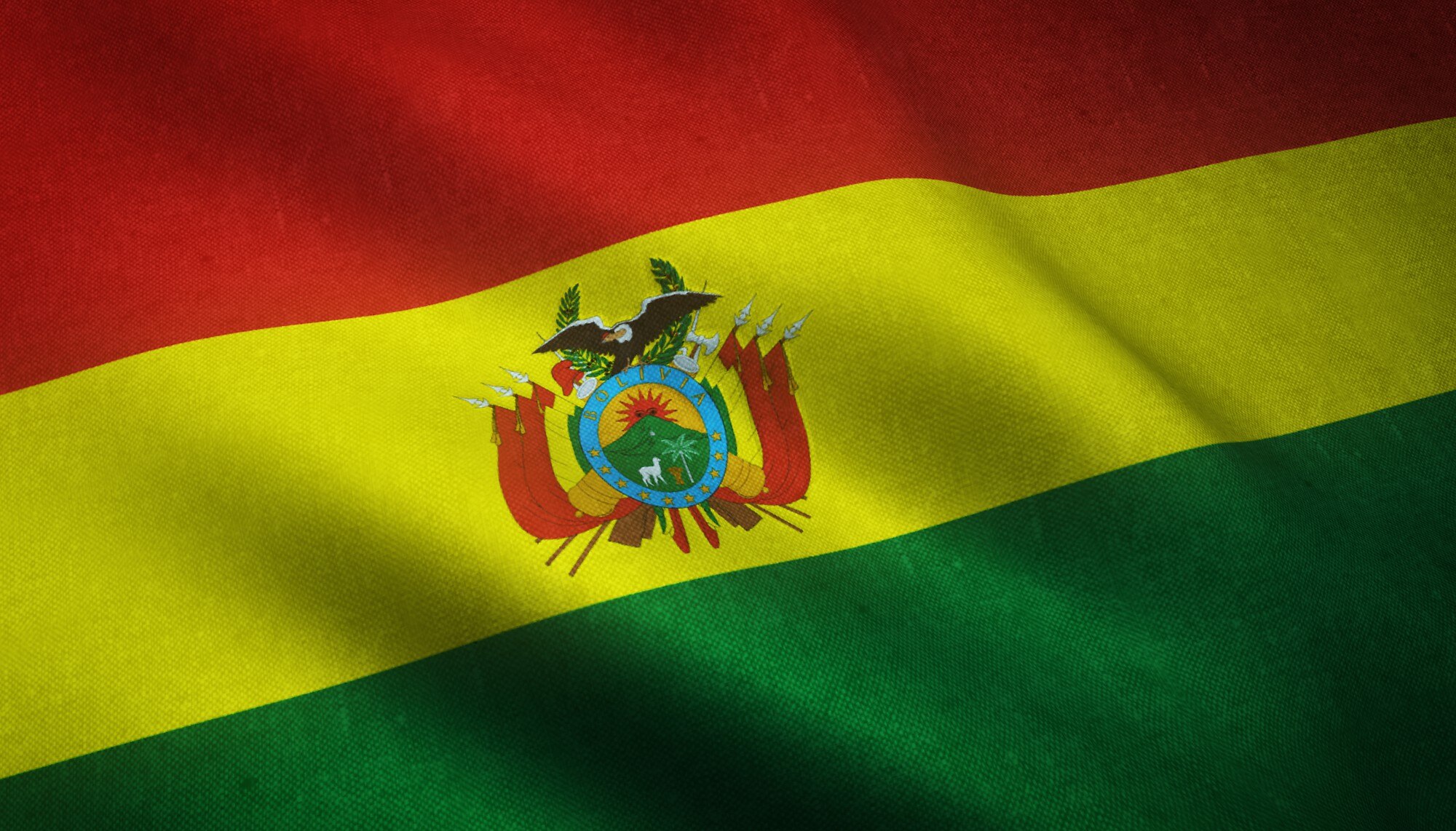Bolivia‘s evolving stance on cryptocurrency is marked by a significant development as Banco Bisa, one of the country’s major banks, initiates a custody service for Tether’s USDt stablecoin. This move represents a broader shift towards embracing digital currencies, providing a secure avenue for Bolivians to engage with crypto.
Banco Bisa’s USDT Custody Service
Banco Bisa recently announced the introduction of a USDt custody service, empowering its clients to buy, sell, and transfer the stablecoin directly through the bank. This service aims to simplify cryptocurrency transactions for its customers by providing a regulated and secure environment to hold and manage their digital assets.
The newly launched service by Banco Bisa offers several features designed to facilitate easier handling of digital currencies:
- Buying and Selling: Clients can actively trade USDt, leveraging the stability of a coin tied to the US dollar.
- Transfers: The service allows for easy sending of USDt to family members or for cross-border payments, enhancing the utility of digital currencies in everyday transactions.
The initiative has received support from Bolivia’s financial regulator, the Autoridad de Supervisión del Sistema Financiero (ASFI). Yvette Espinoza, a representative from ASFI, commented on the new service, highlighting that it aligns with the country’s regulatory framework and reduces risks associated with unregulated crypto market interactions.
Bolivia’s journey with cryptocurrency has been complex and marked by significant regulatory shifts:
- 2014 Crypto Ban: Bolivia initially banned all cryptocurrencies to protect its economy and citizens from potential risks.
- 2024 Policy Reversal: The country reversed its stance, permitting financial entities to engage with digital assets. This change aimed to rejuvenate Bolivia’s economy and align with other Latin American nations’ crypto-friendly regulations.
Since lifting the ban, Bolivia has observed a notable increase in cryptocurrency trading activities. The Banco Central de Bolivia reported a substantial rise in virtual asset trading volumes, with an average of $15.6 million traded monthly from July to September. This surge reflects a growing acceptance and integration of crypto within the Bolivian economy.
| Year | Event | Impact |
|---|---|---|
| 2014 | Ban on cryptocurrencies | Stifled the growth and adoption of crypto |
| 2024 | Reversal of crypto ban and legalization of transactions | Enabled financial institutions to embrace crypto |
| 2024 | Launch of USDt custody service by Banco Bisa | Facilitated secure and regulated crypto transactions |
As Bolivia continues to integrate cryptocurrency into its financial system, the absence of a formal tax framework for crypto transactions remains a gap that needs addressing. The development of such a framework will be crucial for ensuring comprehensive regulation and maximizing the benefits of digital assets for the national economy.
Embracing Change in the Face of Innovation
Bolivia’s evolving approach to cryptocurrency regulation and adoption illustrates a broader trend observed across emerging economies. Initially resistant to the volatile and unregulated nature of digital currencies, many governments are recognizing the inevitability and potential benefits of integrating such innovations into their financial systems. For countries like Bolivia, embracing cryptocurrency could pave the way for enhanced economic growth, increased financial inclusion, and greater competitiveness on a global scale. It is imperative for regulators to continue to adapt and provide frameworks that safeguard participants while fostering innovation.










